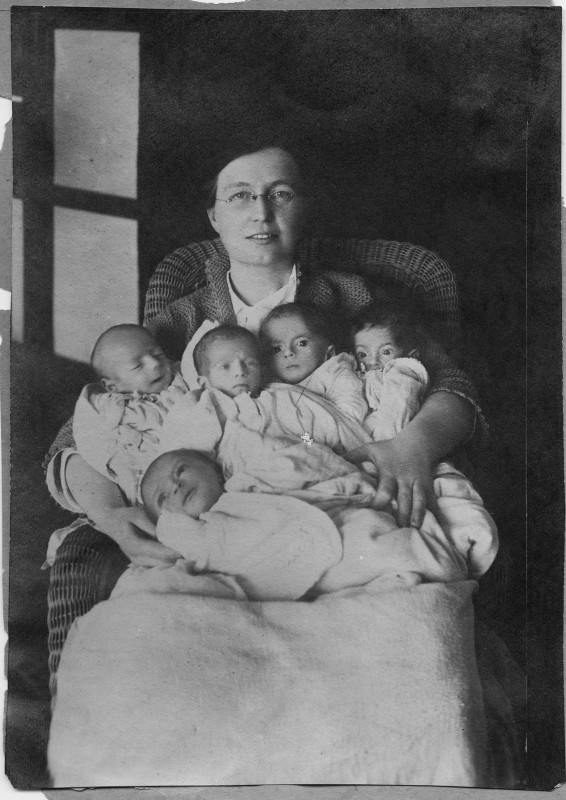Welcome to the Near East Relief Museum!

In 2002, a Near East Foundation Board member envisioned a website that would immerse visitors in the history of this organization, from its roots as a small committee responding to a humanitarian crisis to its emergence as a pioneering philanthropic effort.
Thirteen years later, we are thrilled to welcome you to the Near East Relief Digital Museum. The Museum is one of many projects for the Near East Relief Historical Society, an initiative of the Near East Foundation that focuses on commemoration and education.
Remembering A Historic Response
The Museum tells the terrible story of the Armenian Genocide and the heroic relief effort that evolved into Near East Relief. In 1915, the Ottoman Turkish government began a systematic campaign of extermination against minority populations, including Ottoman Armenians and Greeks.
U.S. Ambassador Henry L. Morgenthau alerted the U.S. State department to these genocidal acts by telegram. Hundreds of thousands of people were deported from their homes and massacred. Countless children were orphaned by violence.
A group of American philanthropists and educators responded to the Ambassador’s call to action by forming a relief committee. That small committee became Near East Relief: an organization that inspired and mobilized the American people as no organization had ever done before.
Children in the courtyard at Alexandropol, home of the world's largest orphanage system

Sharing Our Story – And Yours
100 hundred years after the tragic events that gave rise to Near East Relief, Near East Foundation (as it has been known since 1930) is eager to share this story with the world. With its iconic imagery, innovative fundraising campaigns, and compelling stories of orphans and refugees in need, Near East Relief brought out the best in the American people. And yet, this story is largely forgotten.
The Near East Relief Digital Museum is a living online museum dedicated to sharing the history of Near East Relief. This multifaceted site is meant to appeal to all visitors, be they scholars of philanthropy or students learning about humanitarianism for the first time.
Museum Highlights
- Visit the Exhibit to learn about the events that gave rise to Near East Relief, and its lifesaving work.
- Delve into the Archive and view photographs from Near East Relief orphanages, or peruse a collection of our iconic marketing materials.
- Explore the Memorial to learn more about the brave men and women who volunteered for overseas work with Near East Relief.
